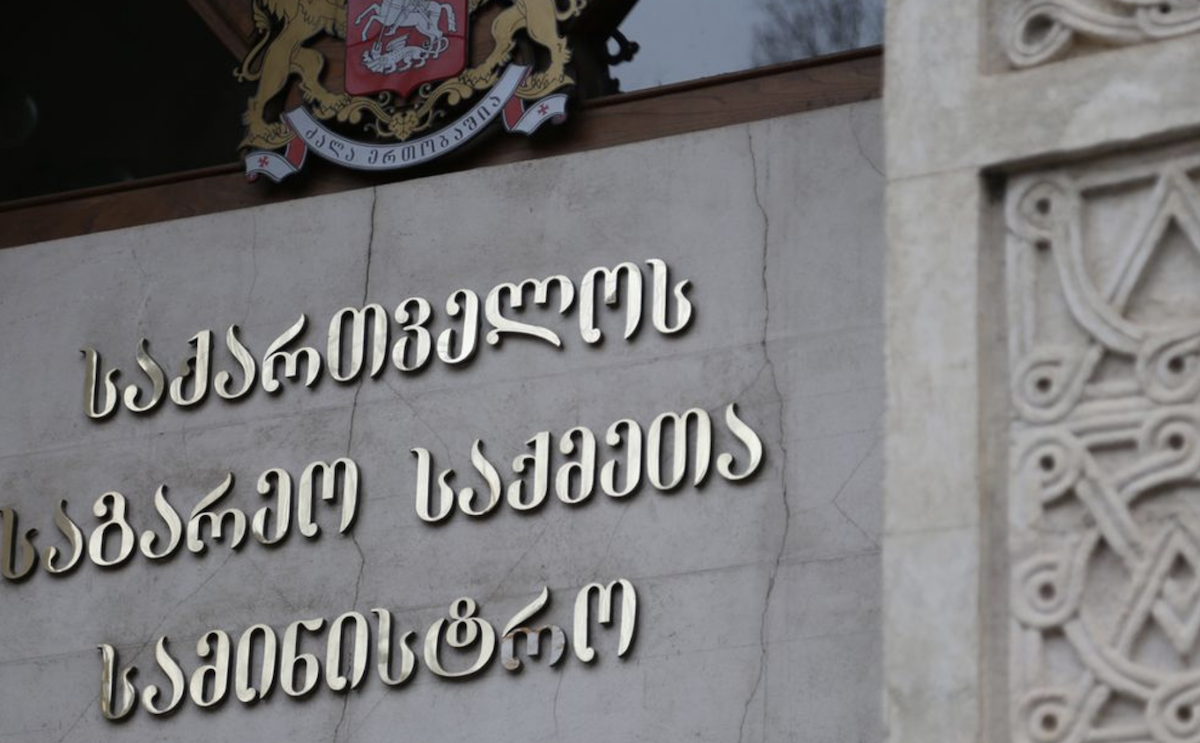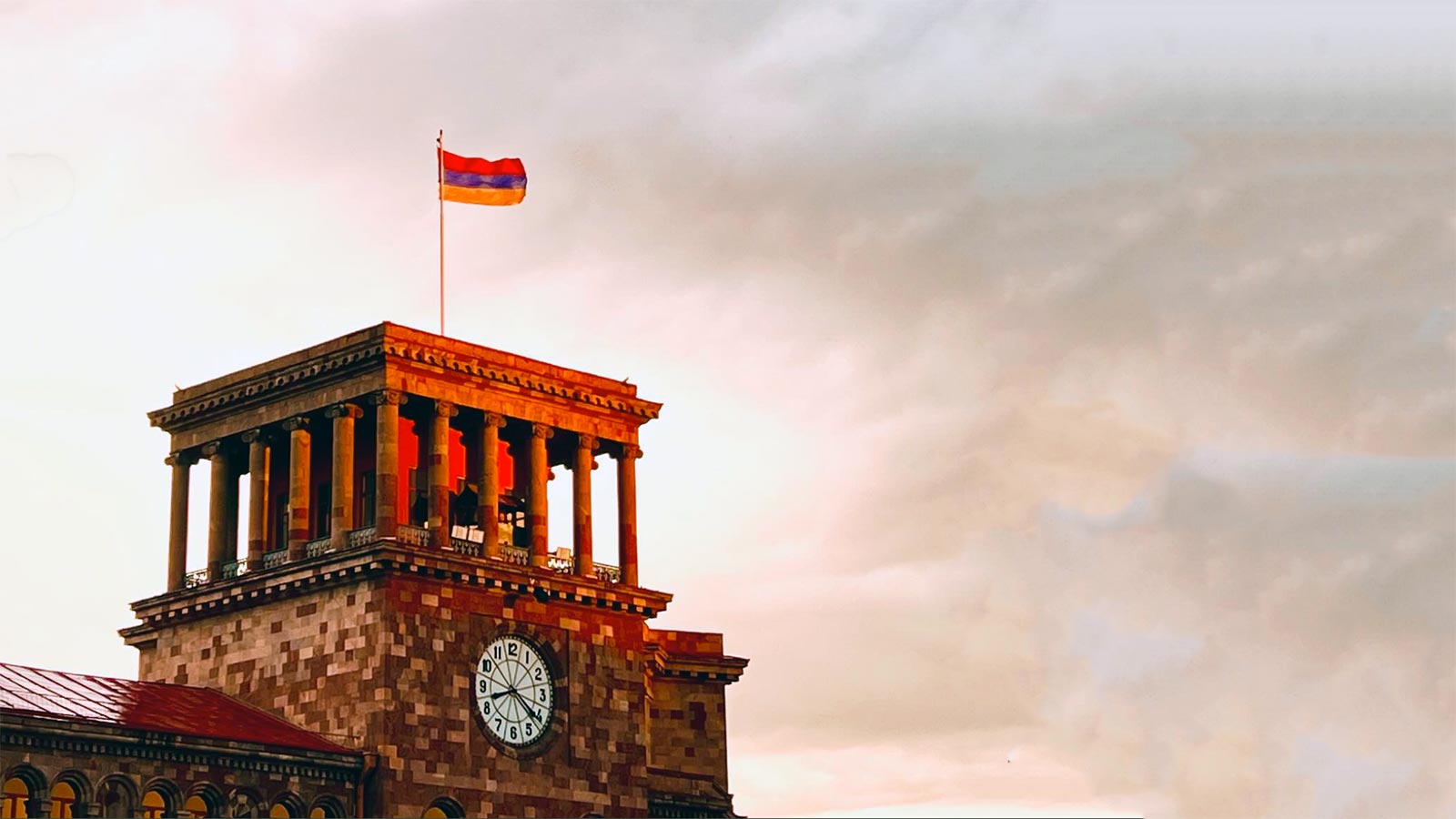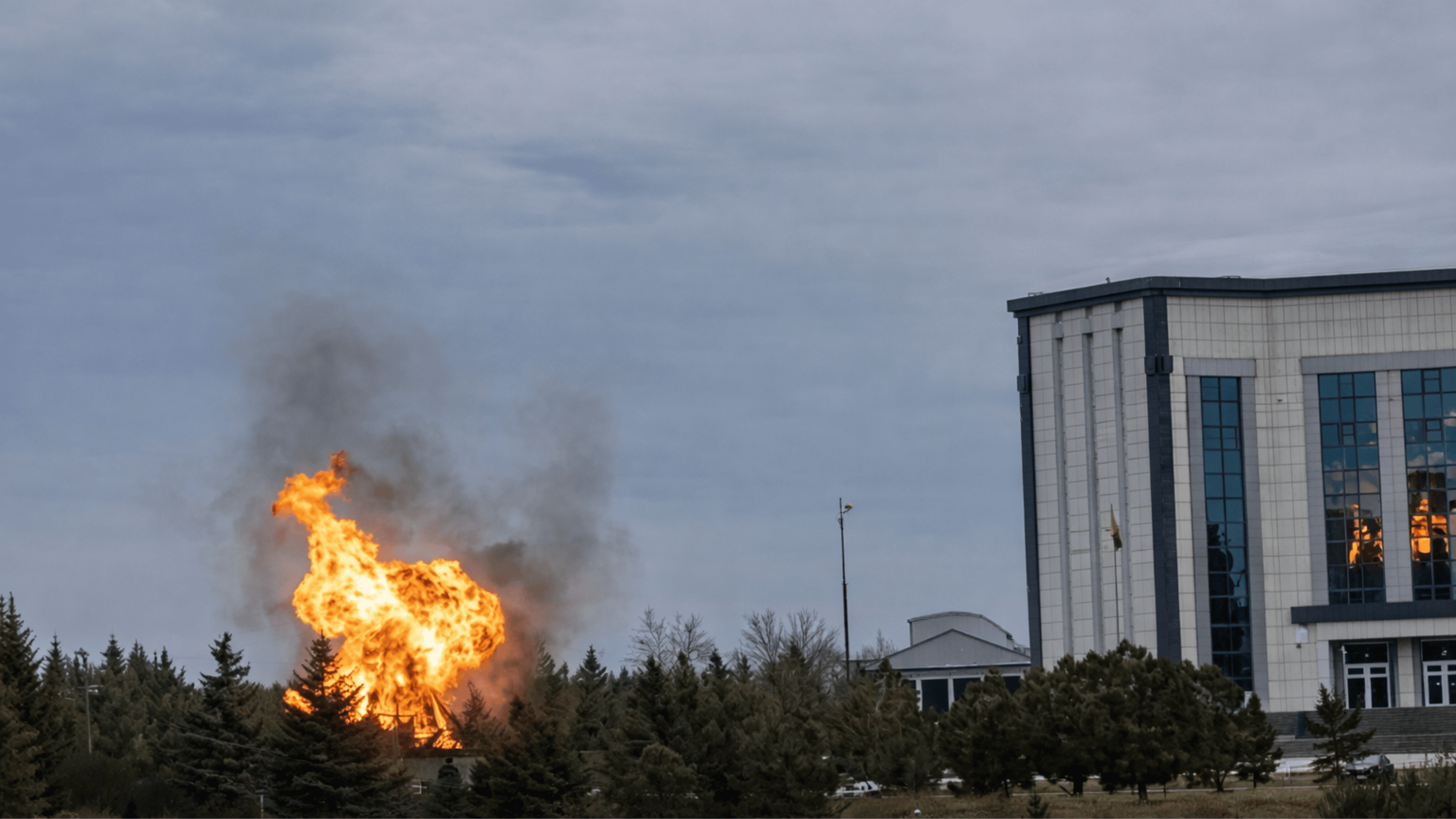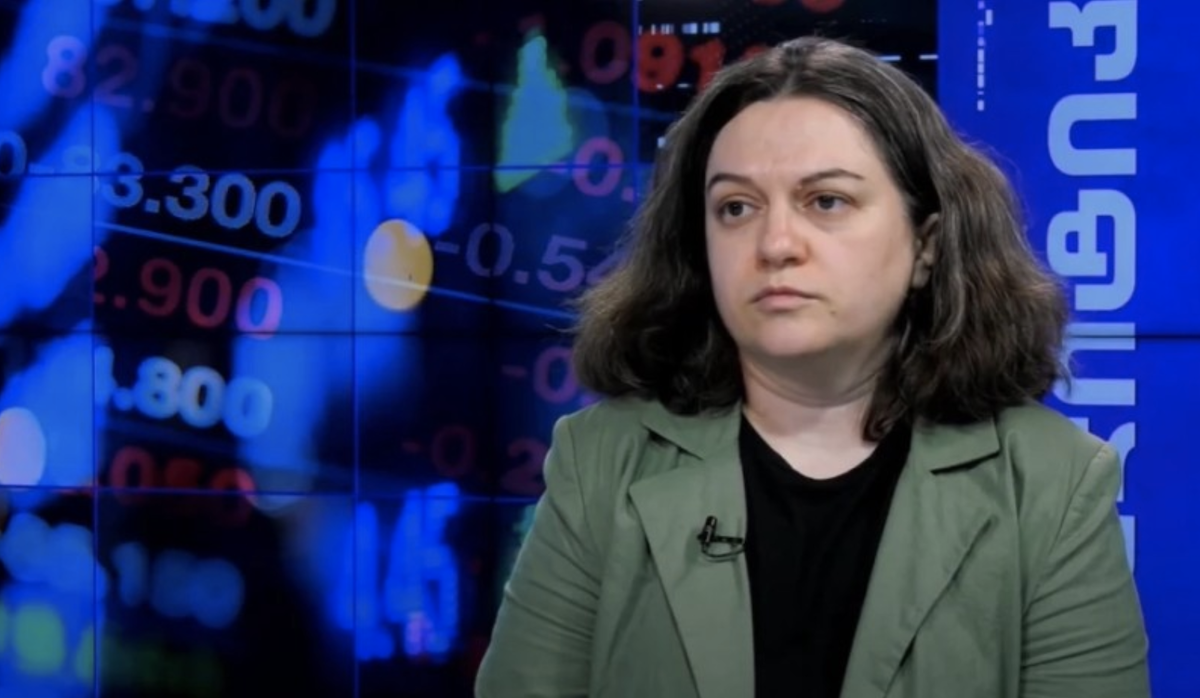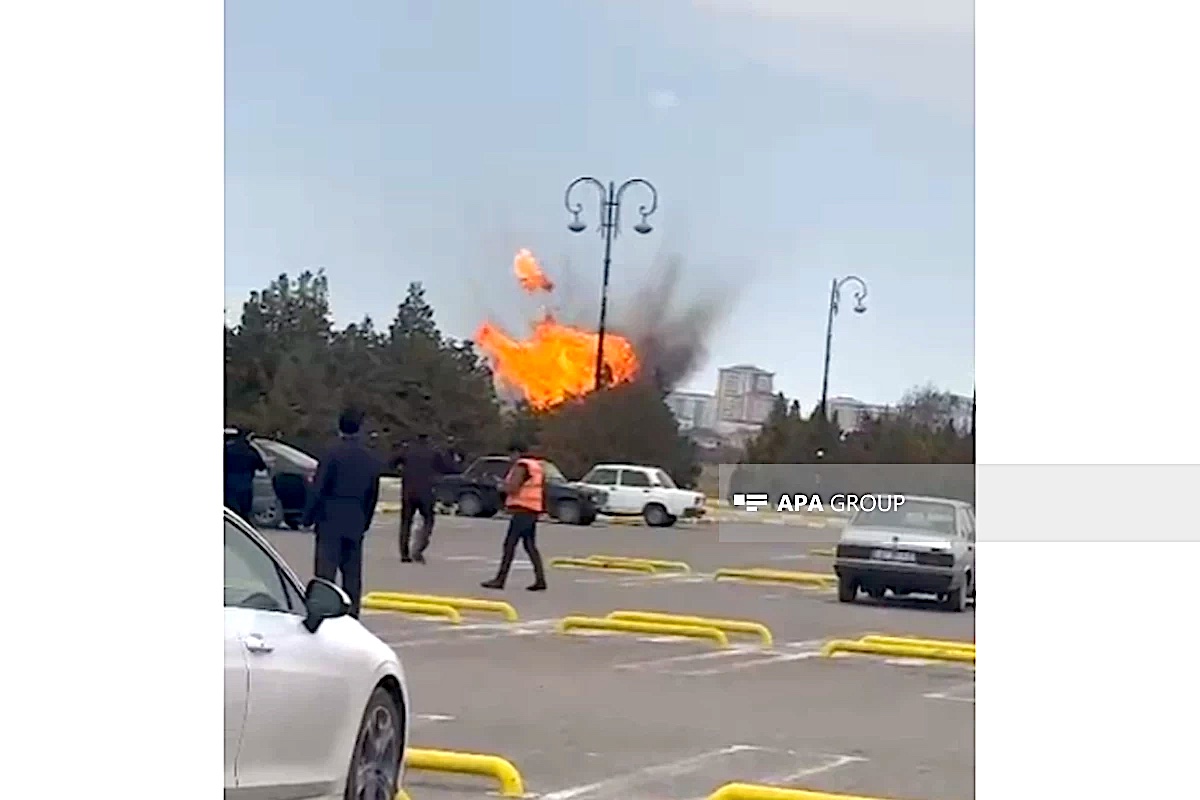Combating the epidemic in Georgia – church remains biggest risk
The only place in the country where all the new state of emergency restrictions can be violated with impunity is the church. And it is thanks to the church that Georgia may soon lose control over the spread of the infection, which it has successfully held off for almost two months.
Desperate measures
Georgia is frozen in anxious anticipation of the peak of the epidemic, which is predicted to happen just in time for Orthodox Easter. In order to maintain control over the spread of the epidemic, Georgia declared a state of emergency on March 21, and on March 30 announced a quarantine and curfew.
- “The first thing I’ll do when I get out is kiss my wife”: seven stories from quarantine in Georgia
- Confrontation at Vladikavkaz hospital: “I don’t believe in coronavirus”
Law enforcement authorities are vigilantly monitoring compliance with state of emergency restrictions. “Police officers are patrolling along all the streets, both in the city center and on the outskirts, making sure that no more than three people are gathering at a time,” Tbilisi resident Manana Okudzhava told RLNE. “They are especially strict in the evenings – from the 9 pm curfew on, but they’ll even start “chasing” people home ten to fifteen minutes before.”
Police are fining violators mercilessly: those who have been fined say that the police usually catch drivers with passengers in the front seat (the state of emergency regulations stipulate that no one can sit next to the driver, not even family members). The police are also monitoring safe social distancing practices.
“My husband and I stood were standing line at the supermarket when a police officer came up and demanded that we stand 2 meters apart. He said that the requirements are the same for both strangers and relatives living under the same roof,” said Gvantsa Intskirveli from Batumi.
The police forced vendors at local markets to shut down their stalls under threat of excessive fines (around $1,000 USD). Everyone in the country understands that this is a desperate measure that literally dooms tens of thousands of people to hunger, but may be able to slow the spread of the epidemic.
Perhaps, these desperate measures will help Georgia keep the situation under control. To date, 214 cases have been registered in the country, of which 50 have recovered, and three have died. These numbers are significantly lower than in neighboring Armenia and Azerbaijan, where the number of cases is close to a thousand.
No laws apply
The only place in the country where all the state of emergency laws can be violated with impunity is the church.
On April 7, the Orthodox celebrated the Feast of the Annunciation. In a deserted and dismal Tbilisi, only the churches are still bustling with crowded services, and only some of them have put special markers on the floor to enforce social distancing.
On the very same day, news broke about a clergy member becoming infected with coronavirus. He is a deacon of the Church of St. Nicholas in the center of Tbilisi. It is not yet known whether parishioners are also infected, but reports say that the deacon managed to transmit the infection to members of his family.
All identified infection chains in Georgia are called “clusters.” This is already a firmly established term, and social networks today are actively discussing the new “church cluster.”
This incident did not seem to embarrass church at all, and they continue to stand their ground. They promise that despite the epidemic and the fact that the virus has not yet been fully studied and is therefore still quite dangerous, the doors of the temples will remain open, communion will still be conducted using a shared cup and spoon, and believers will be able to take part in the Easter vigil despite the curfew declared in the country.
Some priests are openly inviting believers to come to the Easter service before the curfew begins and leave after it is over, that is, to spend the whole night in the church.
The secular authorities are mostly silent, although some officials spoke out against the issue.
For example, Vice Prime Minister and Minister of Infrastructure Maia Tskitishvili said that citizens who go to church on the night of Easter are violating two separate regulations — the ban on gatherings of more than three people and the curfew.
She emphasized that these restrictions apply to all citizens, and clergy members are no exception.
Violators are subject to a fine ranging from $1 to $5,000. That being said, it is difficult for anyone in Georgia to imagine a priest being fined.










